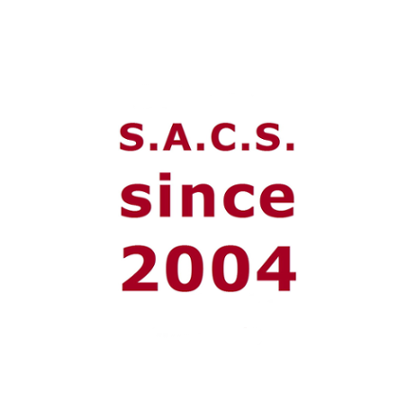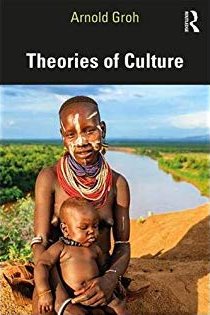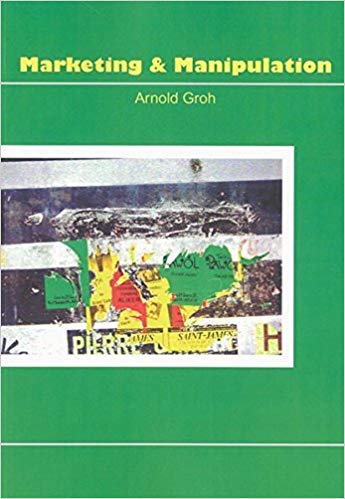Structural Analysis of Cultural Systems
Welcome to the S.A.C.S. homepage! Please take your time browsing through the content that is listed on the left. To put it in a nutshell: At S.A.C.S.,
· Research is carried out
with a
· Focus on indigenous cultures,
conducting
· Empirical studies
and
· Intervention projects.
We are also available for
· Consulting
as well as for
· Education and training.
S.A.C.S. is in Special Consultative Status with the Economic and Social Council of the United Nations since 2014. It is affiliated with the International Academy Berlin for Innovative Pedagogy, Psychology and Economics gGmbH (INA) and with two of the SRH University of Applied Sciences‘ institutes, the International Institute for Sustainability, Diversity and Knowledge Transfer (ISDK) and the Institute for Culture and Diversity Studies. S.A.C.S. was founded in 2004 at the Technical University of Berlin as a follow-up to the EU-project CULTOS after the recommendation of the European Commission to continue activities. S.A.C.S. is presently in a phase of spreading and becoming a network attached to several universities.

Notes from the Head
The focus of S.A.C.S. on culture in general and on indigenous peoples in particular has good reasons. Every person is shaped by a culture. We all have been born into a context and raised in a cultural environment. There is no cultureless person at all. Therefore, with regard to any human action, culture has to be taken into consideration. Mistakes are often made when looking at others from the perspective of one’s own culture. If they are perceived as being different, then it would be wrong to claim that they have less culture than oneself or even no culture. Rather, it should be acknowledged that they have a different culture, which we should try to understand.
S.A.C.S. takes a systemic approach, as cultures are characterised not only by their particular cultural elements, but also by processualities. Cultural systems can be quite complex, and even more complex are the processes going on between cultures, when the standards, behaviour patterns and cognitive styles of the different cultures intertwine. Analysing these mechanisms becomes increasingly important in the globalising world.
Indigenous peoples can give us valuable orientation. Their culture-environment relations have been stable for long periods of time. But globalisation poses threats to indigenous cultures, as it does to many ecosystems, to their plant and animal species, to the climate, to oxygen production and to carbon sinks. The more important it is to accept and respect indigenous cultures. As long as indigenous peoples are in close relationship to nature, they know how to live in, with and from a natural environment without destroying it. We don’t have this competency any more.
I participated in the preparation of the United Nations Declaration on the Rights of Indigenous Peoples from 1999 to 2006, and I have made it a key issue for S.A.C.S. to support the implementation of these rights. We do so both in our fieldwork with indigenous peoples, as well as in UN sessions, such as those of the Expert Mechanism on the Rights of Indigenous Peoples, in which we continue to participate.
Personally, I must say that all my efforts of building up S.A.C.S., as well as the efforts of all others, who contributed to this, have been very rewarding. Especially, our international contacts have thriven, and we regularly give seminars and field training for students and interested academics. I owe special thanks to all our interns, who are advancing our research and intervention projects with great commitment.
Considering the world’s culture-related conflicts, the aspect of culture can hardly be overestimated. It would even be a cardinal failure to ignore it. S.A.C.S. is going on in striving to understand intra-, inter-, pluri- and transcultural phenomena and to pass the knowledge on to those, who need it. However, even though we are used to low budgeting and to drawing on our own private resources, times have become more and more difficult. It is not easy to carry out projects without external funding. The global financial situation has had its effects on grant institutions. We are very grateful to any donor, who supports our work, specifically our excursions, as we need to travel for implementing indigenous rights on-site.
 Arnold Groh
Arnold Groh
S.A.C.S. President/Director
_______________________________________________________
The content of this website has been carefully prepared and reviewed. The information contained in this website is for information purposes only. While we endeavour to keep it up to date and correct, we make no representations or warranties of any kind, express or implied, about the completeness, accuracy, reliability, suitability or availability with respect to the website or the information contained. Any reliance you place on such information is therefore strictly at your own risk.
In no event will we be liable for any material or immaterial loss or damage, without limitation, indirect or consequential, or any loss or damage whatsoever arising from loss of data or profits arising out of, or in connection with, the use or non-use of this website.
Through this website you are able to link to other websites which are not under our the control. We have no control over the nature, content and availability of those sites. The inclusion of any links does not necessarily imply a recommendation or endorsement of the views expressed within them.
Every effort is made to keep the website up and running smoothly. However, we take no responsibility for, and will not be liable for, the website being temporarily unavailable due to technical issues beyond our control. We reserve the right to alter, amend or delete parts of the site or the entire offering, or to cease publication, without prior notice.
This website does not perform any tracking, and it does not collect personal data. The only cookies used are essential for counting the numbers of accesses.
~~~


 Relevant for anyone visiting an indigenous culture
Relevant for anyone visiting an indigenous culture New textbook
New textbook Textbook
Textbook